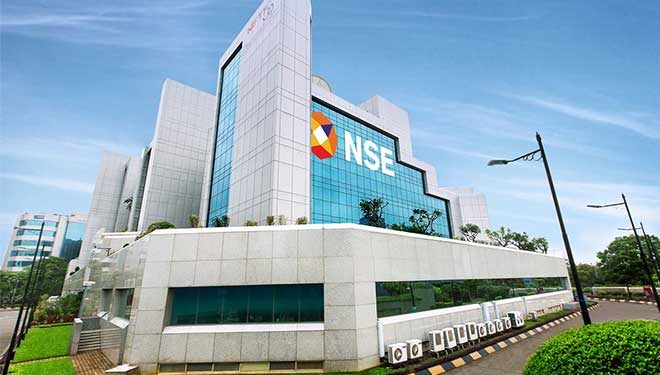Mumbai: The four-hour long trading halt on the National Stock Exchange (NSE) has raised several questions among the investors and brokers who may have to face huge losses as a result of the glitch. One major question is why did the disaster recovery site not come to the rescue when it was needed the most.
Even capital market regulator SEBI has sought an explanation from the NSE regarding the reasons for not migrating to the disaster recovery site. In a statement, the regulator has directed the NSE to come up with a root cause analysis report.
“There is another portal of NSE which takes care of the trading when this kind of disturbance happen in the main platform. They have got the backup… then why that backup was not ready or started at the moment when they were facing the problem,” asked Rahul Sharma, Market Strategist and Research Head at Equity 99.
NSE attributed the issue to the telecom service providers’ front. An spokesperson with the bourse said that NSE has multiple telecom links with two service providers to ensure redundancy and it had received communication from both the telecom service providers that there are issues with their links due to which there is an impact on the NSE system.
Bharti Airtel and Tata Communications are the concerned service providers to NSE. Telco sources, however, said that they would be able to respond on the matter only after the NSE comes out with its root cause analysis report.
The trading halt also caused frenzy and panic among the investors and brokers.
Noting that there is a need for an alternate mechanism, Kaushlendra Singh Sengar, Founder and CEO at INVEST19, said: “Being the world biggest derivative exchange in terms of volume, we cannot afford such issues. Very-small-aperture terminal (V-sat) can be an alternative mechanism to provide the feeds in the absence of Multi-Protocol Label Switching (MPLS).”
This is not the first time that the NSE has faced such a closure. In July 2017, both the cash and derivatives segments were halted on the bourse due to technical issues, with traders unable to execute trades at its venue and prices not updating.
Brokers said that those investors who have put in cover orders could be hit if the prices on resumption were below the stop loss, for traders with long trades or above the stop loss, and for traders with short trades.
Terming such instances as “scary”, Sharma told IANS that it was a major concern for the brokers as during such instances, many a times the investors are not inclined towards paying up for the losses and the brokers have to fill in.
He, however, added that on Wednesday, the invsetors largely got sufficient amount of time to settle out the trades for the day.
NSE has been hit by controversies in the past, the ‘co-location’ case being a major issue.
Recently, SEBI imposed a penalty of Rs 1 crore on the bourse in the co-location case for failing to ensure a level playing field for the trading members subscribing to its TBT (Tick-by-Tick) data feed system.
The capital market regulator also penalised former MDs and CEOs of NSE, Ravi Narain and Chitra Ramakrishna, with a fine of Rs 25 lakh each.
IANS







































